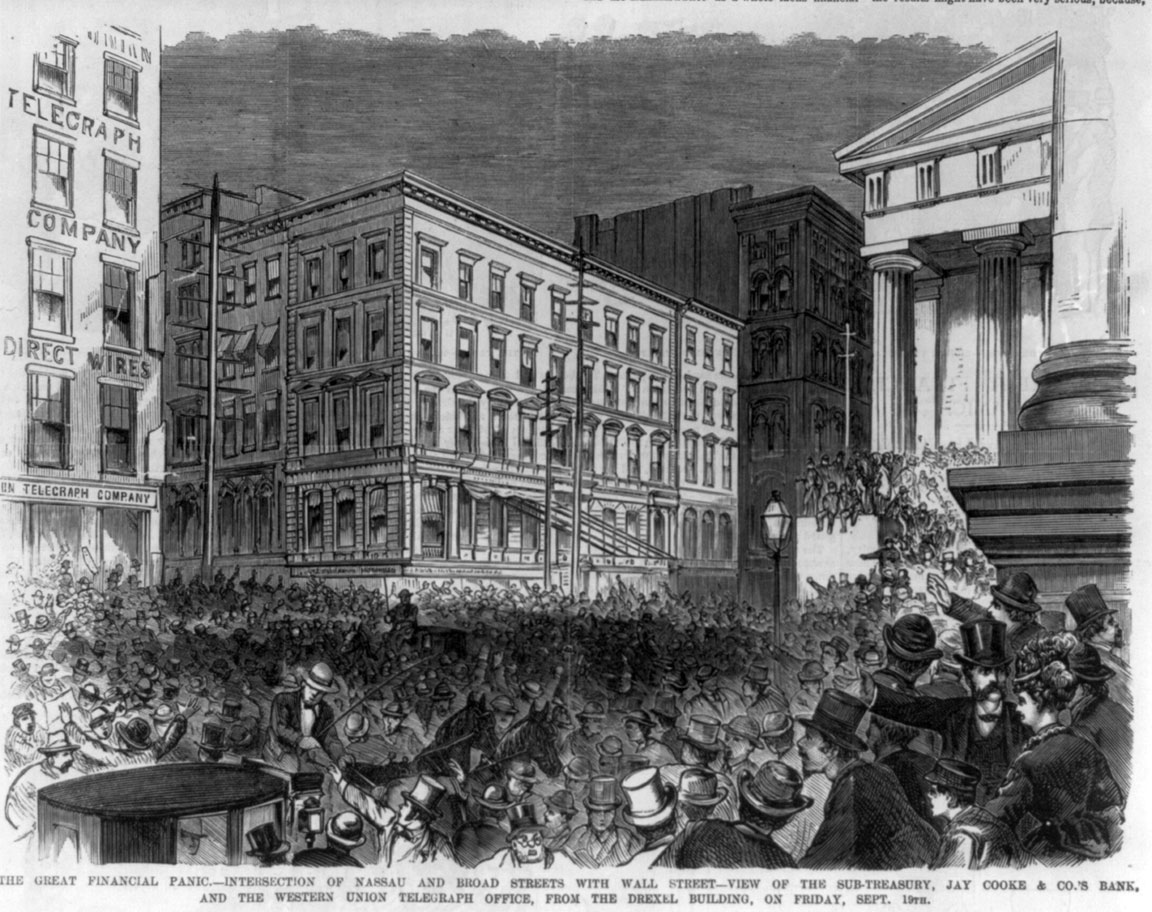The Dawn of the Reconstruction era was a time of massive progress for African Americans. Freed from slavery, many felt that a new age was right around the corner. This enthusiasm made perfect sense; in the early 1870s, it looked like the goal of liberty for African Americans had been almost entirely reached.
.png/330px-Hiram_Rhodes_Revels_-_Brady-Handy-(restored).png) |
| Hiram Revels, a Mississippi Senator, was the first black member of Congress. |
Things had drastically improved outside of legislatures as well. Many former slaves and their children were able to get an education at public schools. Thanks to citizenship, black businesses began to grow as well. Both blacks and whites began to operate farms, blacksmith shops, and other essential businesses. There were even black sheriffs and judges.
Still, things were far from perfect. Many African Americans were subject to attacks from white supremacists. The most infamous white supremacist group, The Ku-Klux-Klan wreaked havoc, not only attacking African Americans who were rising in power, but even whites who supported them. Lynchings, arson, and threats from the KKK were a source of fear and anguish for many.
On top of that, Republican and Northern support for reconstruction in the South began to wane. Some republican congressmen started speaking against black involvement in the government, calling the predominately black government in South Carolina either incompetent, corrupt, or both. This gave way to Democrats taking back control in the South, and eventually, the repealing of important reconstruction acts that improved the lives of African Americans.
The Panic of 1873 also greatly damaged the progress of reconstruction. A massive economic crash turned much of the public opinion against Republicans, who held the majority of government control. The 1874 elections were dominated by Democrats, who promised not only to restore the economy, but to end reconstruction.
 |
| An illustration of Wall Street at the beginning of the Panic of 1873 |
The Reconstruction era was, for a short time, an era of great hope and progress for the civil rights of African Americans. However, the reversal of this progress came quickly, and wouldn't take a turn for the better for decades. One can only wonder how times would be different today if progress had kept marching forward instead of being beaten backward so severely.
No comments:
Post a Comment